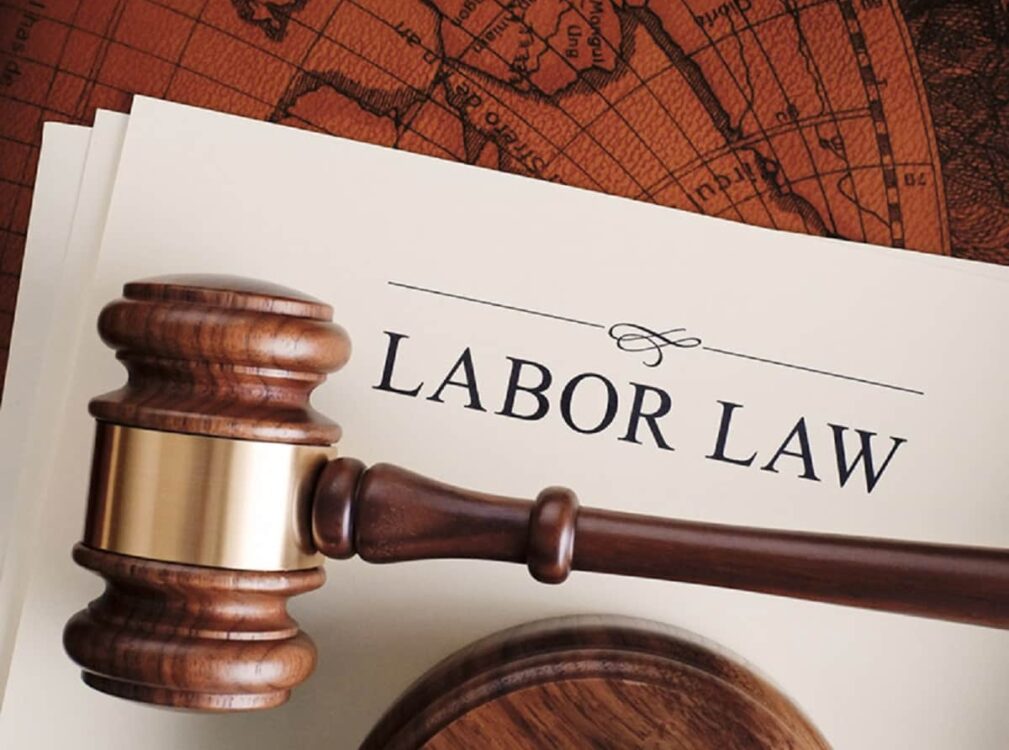UAE Labour Law Guide: How Employers Must Handle Employees’ Entitlements After Death

From final salary to repatriation costs, UAE Labour Law ensures timely settlement of employee entitlements and protects dependents.
By Mary Rintu Raju
In the United Arab Emirates (UAE), employee rights protection is a cornerstone of labour legislation, especially in sensitive cases like the death of an employee. Under UAE Labour Law, employers are legally required to settle all dues and entitlements swiftly, safeguarding the financial security of heirs and dependents while respecting the dignity of the deceased.
What Does UAE Labour Law Require After an Employee’s Death?
Employers must pay all wages and entitlements to the deceased employee’s family within ten days of death. This timeline is strict and enforceable. Failure to comply can result in fines, penalties, or legal action. Immediate action ensures the family’s financial stability and reflects the employer’s legal and ethical responsibility.
Which Entitlements Must Be Paid to Employees’ Families?
When an employee dies while employed, the following entitlements are payable:
- Final Salary and Accrued Payments
Employers must settle unpaid basic salary, overtime, commissions, or incentives. - End-of-Service Gratuity
Under Article 51 of UAE Labour Law: 21 days’ basic salary per year for the first five years, and 30 days’ basic salary for each subsequent year.
Partial gratuity may apply even for employees in probation or less than a year of service. - Unused Annual Leave
Compensation is calculated at the employee’s last drawn basic salary. - Contractual or Statutory Benefits
Any additional benefits, such as performance bonuses, pension contributions, education allowances, or unclaimed travel tickets, must be honoured. - Repatriation and Funeral Costs (for Expatriates)
Employers are generally responsible for repatriation unless the family requests otherwise. Ex gratia funeral contributions may be offered but are not legally required.
Who Can Receive the Entitlements?
Legal beneficiaries must be clearly identified to ensure compliance:
- For Muslims: heirs are determined under Sharia principles.
- For non-Muslims: heirs are determined under the succession laws of their home country, if applicable.
Beneficiaries must provide a succession certificate or court order. Employers may deposit dues with the labour court if documentation is incomplete. Coordination with MoHRE, embassies, or UAE courts may be necessary.
Administrative Compliance and Recordkeeping
Employers must maintain detailed records of:
- Employee contracts, salary details, and leave balances
- Beneficiary information (if designated)
Practical steps include notifying authorities promptly, liaising with family or consular representatives, consulting legal counsel, and protecting sensitive personal data.
Best Practices for Employers
- Show Empathy: Assign senior HR or legal representatives to assist the family.
- Avoid Informality: Never release funds on verbal claims; always require verified documentation.
- Consult Authorities: Seek guidance from MoHRE or courts in complex situations.
Conclusion
In the UAE, employee death triggers a legal process to protect the rights of both the deceased and their heirs. Employers must balance compliance with empathy, ensuring settlements are handled swiftly, fairly, and with dignity. Responsible employers honour not only employees’ rights during life but also after death.

